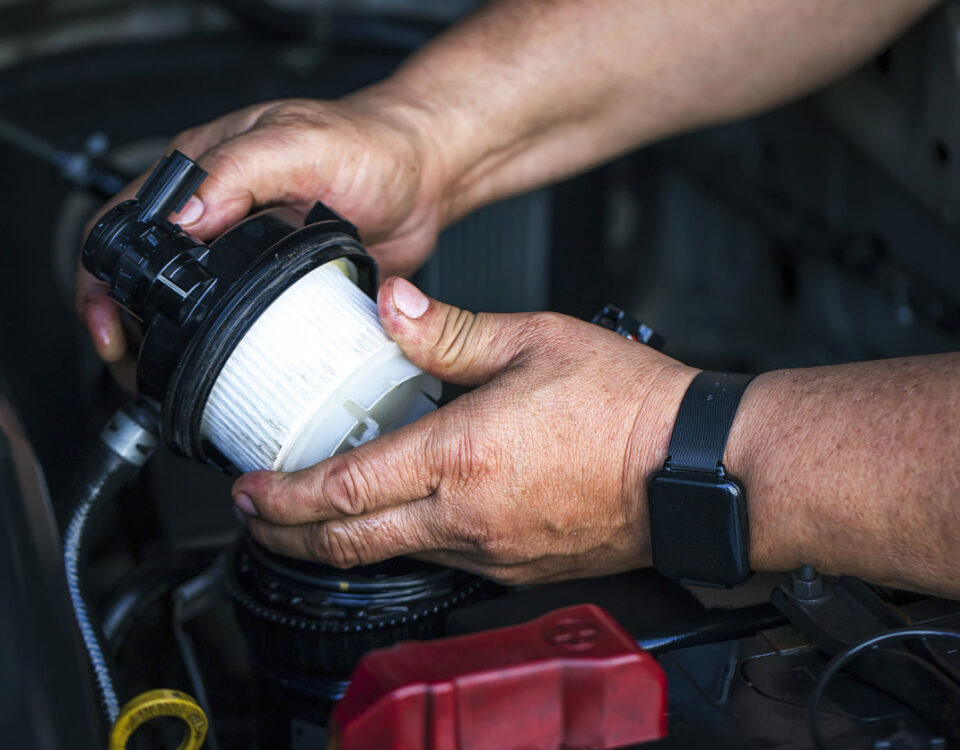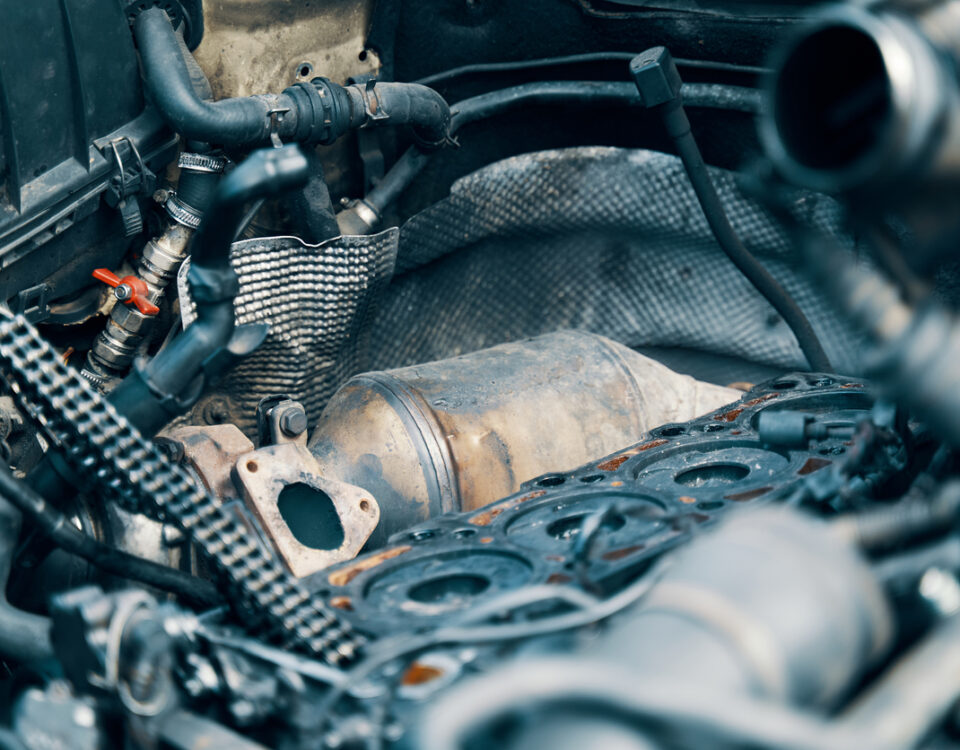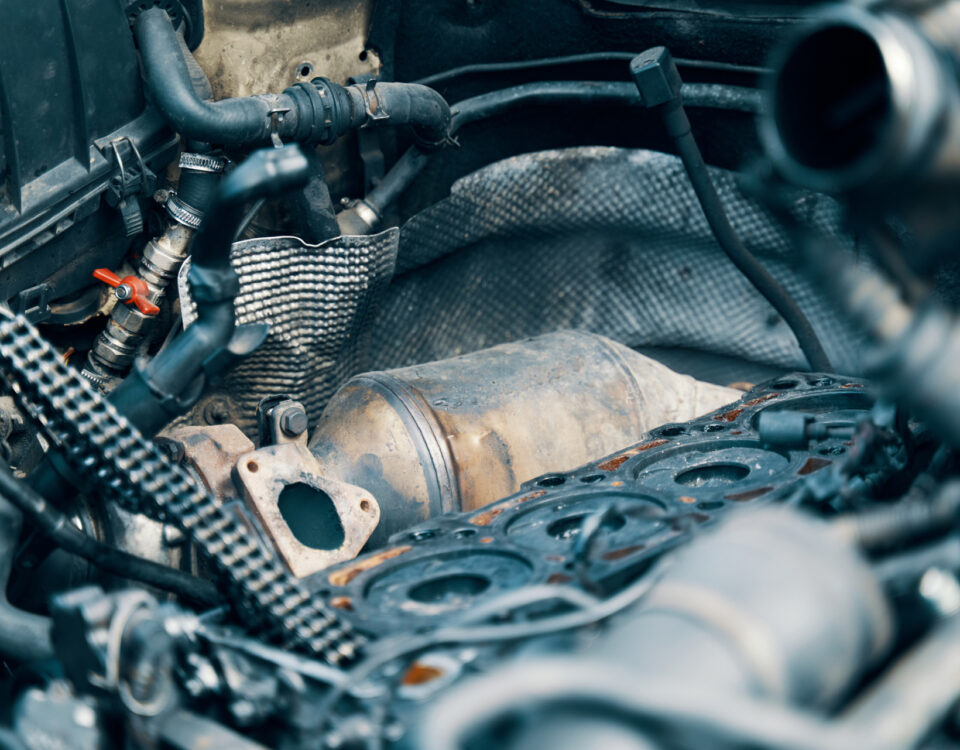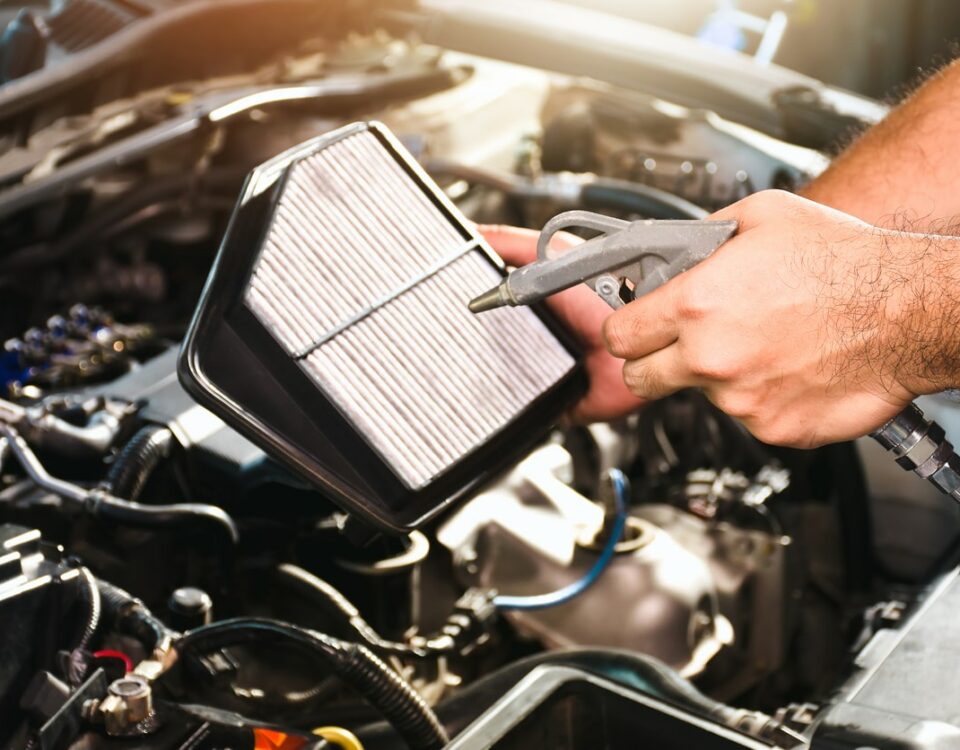What Diesel Cars Don’t Have A DPF?
Diesel Particulate Filters (or DPFs) have caused a lot of discussions since they became compulsory on all diesel cars after the European Union enacted Euro 5 emission legislation in 2008. While DPFs are designed to eliminate toxic chemicals from diesel emissions, they have several drawbacks and can quickly become clogged under certain driving conditions.
Due to the Euro 5 emissions legislation, all diesel cars manufactured after 2010 were fitted with DPFs as standard, so there is no way to buy a new diesel car without a DPF. Furthermore, removing DPFs is illegal in the UK and driving a vehicle without a DPF may result in prosecution or void your insurance cover, so Diesel Particulate Filters are here to stay.
What is DPF, and how does it work?
A Diesel Particulate Filter does exactly what it says on the tin: it’s a device fitted near the end of a diesel vehicle’s exhaust pipe that filters particulates from the exhaust gases. DPFs capture and store soot and smoke particles to reduce emission levels from diesel cars, since they tend to produce more harmful by-products from the combustion process than petrol engines.
However, DPFs have a limited capacity and can become clogged with soot unless they are regularly cleaned or burned off to regenerate the DPF. This regeneration process burns off excess soot in the DPF when the exhaust reaches a high enough temperature, though it requires driving at high speeds for long periods, meaning that city drivers can struggle to regenerate their DPFs.
Do all diesel cars have DPF?
Since 2009, manufacturers of diesel cars have been legally required to fit all diesel cars with DPFs, so all modern diesel cars have DPFs installed. Subsequently, the only way to find a diesel car without a DPF is to buy an older diesel car under 2.5l which was manufactured before the Euro 5 regulations.
Additionally, many diesel cars manufactured before 2009 also have DPFs installed due to older emission regulations, so it is safe to assume that if you see a diesel car on the road today it has a DPF installed.
Cars without Diesel Particulate Filter
While diesel particulate filters are vital for reducing pollution from diesel engines, lots of motorists would happily get rid of them, given the option. Because DPFs tend to clog up during city driving (i.e. driving at slower speeds for shorter journeys), they can seem like more of a liability than a help to many drivers, but is it possible to get a car without a DPF?
What diesel cars do not have a DPF?
In the UK, all modern cars (manufactured after 2010) are fitted with diesel particulate filters as standard due to emission legislation, making it increasingly difficult to find cars without them. While you can try to avoid DPFs by buying cars manufactured before 2009, many types of diesel with larger engines also have DPFs installed due to older emission regulations, making it very difficult to avoid these filters.
However, there are still some roadworthy cars that do not have DPFs fitted, and these include:
BMW Cars without DPF
- BMW E36 320D
- BMW E46 320D
- BMW E90 BHP
- BMW 163 BHP
- BMW 330D X5
- BMW 530D X5
- BMW 525D X5
Mercedes Cars without DPF
- Mercedes ML270 CDI
- W638
- R170 SLK-Class
- W210 E-class
- W202 C-class
Alfa cars without DPF
- Alfa 2.4 JTD
Volvo cars without DPF
Volvo XC90s fitted with D5 engines in the 163BHP variant wasn’t fitted with DPFs, so look for the D5 badge on old Volvo XC90s.
Fiat Cars without DPF
Fiat cars fitted with 105 BHP and 115 BHP 1.9 8V MultiJet engines do not have a DPF.
Volkswagen cars without DPF
- 0 140 BHP
- 9 69 BHP TDI
- 90 BHP TDI
- 105 BHPTDI
- 110 BHP TDI
- 130 BHP TDI
- 150 BHP TDI
- 140 BHP PD TDI
- 5 TDI V6
Land Rover Cars without DPF
The early TDI engines used in the 90 and 110 series do not have DPF systems fitted. TD5, 2.7 TDi V6 also did not have DPF fitted until 2007.
Skoda cars without a DPF
- 9 TDI/SDI
- 140 BHP PD
- 0 140 BHP
Vauxhall/Opel cars without DPF
- 7DI
- 7 CDTI
- 0 DTI
- 2 DTI
- 6 V6 by BMW
- 0 V6 used in Vectra before 2006
- 8v and 16v with manual gearbox
Citroen/ Peugeot without DPF
Early 1.9 turbo diesel engines manufactured before 2000 lack DPF systems.
Honda cars without DPF
All the I-CTDI engines do not have DPF systems fitted.
Ford cars without DPF
All the early 1.8 diesel engines such as TDDI and TDCI do not have DPFs.
Kia cars without a DPF
Older diesel Kia cars using 1.7, 2.9 CRDI, 2.5 CRDI, and 2.0 CRDI engines do not have DPF. Kia 1.6 CRDI engines are also DPF free, as they meet the Euro V emissions standards without it.
Toyota
Toyota cars manufactured before 2006 do not have DPFs fitted. What’s more, standard 2.2 models weren’t fitted with DPFs until 2010.
Can you remove the Diesel Particulate Filter from your car?
NO: It is illegal to remove DPFs in the UK, and you may be fined (up to £1000 for cars and £2500 for vans) if you are caught driving a vehicle without a DPF. Furthermore, removing your DPF can invalidate your car insurance and cause you to fail your MOT test, so removing it is really more harm than good.
Summary
Because of current legislation, all modern diesel cars are fitted with Diesel Particulate Filters (or DPFs for short) to reduce harmful pollution, making them an unavoidable part of driving a diesel car for many people. Because there are severe consequences for removing a DPF or driving a car without one, we recommend you learn to love your DPF and maintain it regularly to avoid clogging it up and suffering from the car issues that follow.



